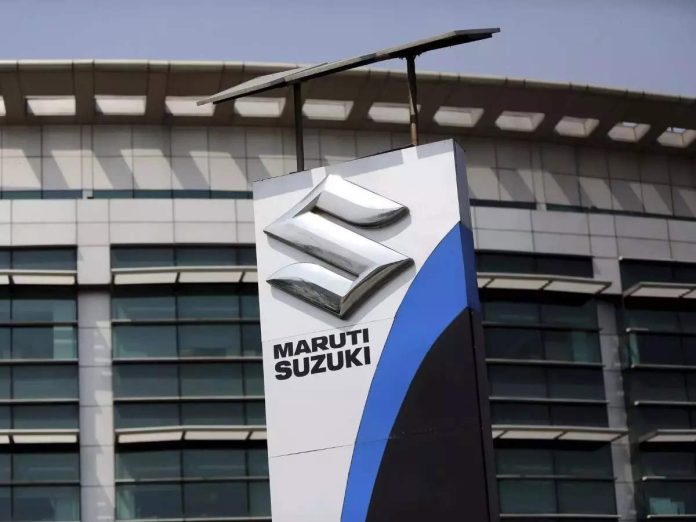New Delhi, Sept 9: The automotive industry needs to become self-reliant in production of electronic parts, especially semiconductors, in order to curtail dependence on costly imports and maintain affordability for products on sale, Maruti Suzuki India MD and CEO Hisashi Takeuchi said on Monday.
Speaking at the 64th annual ACMA session here, he noted that the automotive industry is undergoing a transformative shift driven by increasing demand for comfort, convenience, safety and adherence to evolving regulations.
Customers are seeking feature-loaded, technology-driven experiences and this shift is leading to a significant increase in the penetration of electronics within the vehicles.
“Our challenge is to develop and offer these new-age technologies at prices that are affordable for the Indian market.
The key lies in innovation. Finding ways to integrate advanced features without compromising on cost-effectiveness,” Takeuchi said.
The industry must invest in R&D, leverage understanding of local market dynamics, and collaborate across the value chain to achieve this balance, he said.
“One of the most critical components in this journey to become self-reliant is the semiconductor. As the usage of semiconductors in automotive applications continues to rise, we cannot afford to rely solely on imports,” Takeuchi stated.
He further said: “In my view, the electronics part manufacturers must actively engage with local semiconductor manufacturers from now.”
By collaborating early and specifying what is required, the industry can ensure that the chips required by the industry are developed and produced locally, further reducing the dependency on external sources, Takeuchi said.
“It is imperative that we develop a robust local ecosystem for the electronics industry to become truly self-reliant,” he added.
“This means more than just manufacturing; it involves a holistic approach that includes local testing facilities, enhancing design and development capabilities, and most importantly, investing in our people,” Takeuchi said.
India is emerging as a global hub for auto component sourcing and the industry exports over 25 per cent of its production annually.
“However, this is less than 2 per cent of global auto industry trade, giving us a huge opportunity to further increase exports,” Takeuchi said.
The world is watching, and the steps the industry takes today will shape the future for decades to come, he added.
Takeuchi noted that as the industry approaches new technologies in both products and manufacturing processes, it must also invest in workforce.
“We need to focus on developing a quality workforce trained in robotics, mechatronics, SCADA (Supervisory Control and Data Acquisition), and new-age technologies for our shop floor engineers and technicians,” he said.
This requires a strong partnership between industry and academia, he said.
“Similarly, for our shop floor associates we need to work together to upgrade curriculum, support ITIs, and create programmes that produce industry-ready professionals,” Takeuchi said. (PTI)
Trending Now
E-Paper


